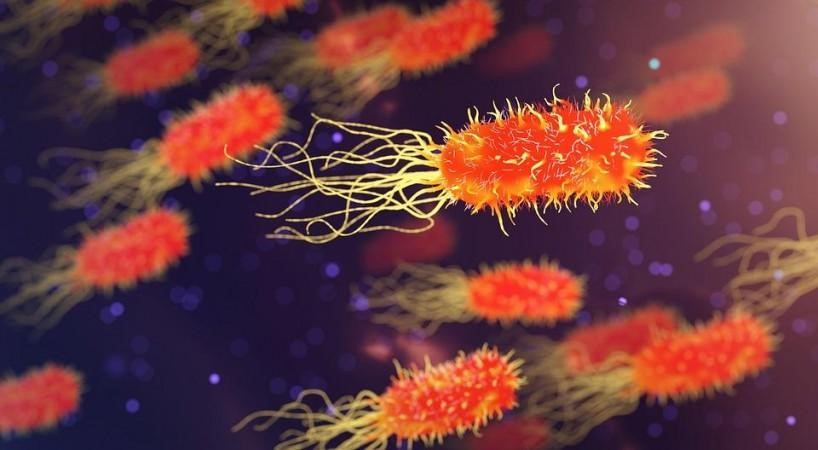
Ultrashort-pulse lasers can kill bacterial superbugs, hardy spores
Life-threatening bacteria are becoming ever more resistant to antibiotics.
Heat, radiation and chemicals such as bleach are effective at sterilizing objects, but most are too damaging to be used on people or biological products.
Researchers have found that lasers that emit ultrashort pulses of light can kill multidrug-resistant bacteria and hardy bacterial spores.
Such lasers don’t damage human cells, making it possible to envision using the lasers to sterilize wounds or disinfect blood products.
The ultrashort-pulse laser technology uniquely inactivates pathogens while preserving human proteins and cells. Imagine if, prior to closing a surgical wound, we could scan a laser beam across the site and further reduce the chances of infection.
The researchers trained their lasers on multidrug- resistant
Staphylococcus aureus, E. coli, and wound infections. And Bacillus cereus, which causes food poisoning and food spoilage.
In all cases, the lasers killed more than 99.9% of the target organisms, reducing their numbers by more than 1,000 times.
By inactivating all kinds of bacteria and viruses without damaging cells, ultrashort-pulse lasers could provide a new approach to making blood products and other biological products safer.
 English
English Arabic
Arabic


